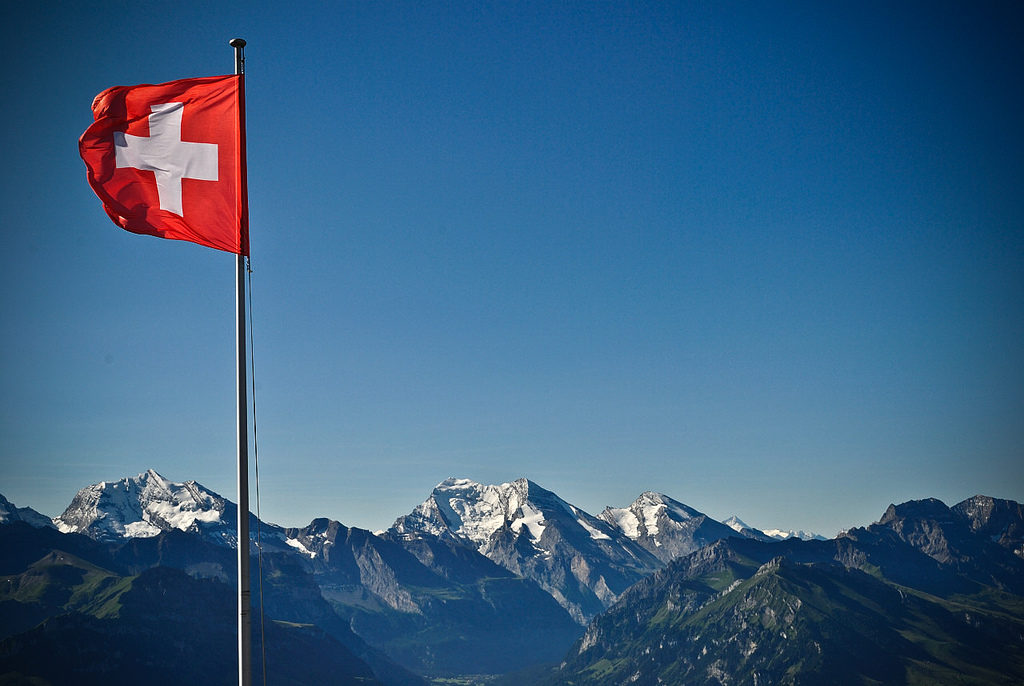
Dr. Manoj Kumar Mishra 16 July 2023
Maintaining impartiality in the eyes of belligerents is one of the most delicate efforts on the part of small powers while soldiers and people from warring parties keep trying to push into the borders and look for opportunities to survive. In contrast, pressures on their domestic economies keep mounting.
For instance, when World War I was being waged across the small neutral European countries’ borders and the European neighbouring countries were putting their lives as well as social, political, and economic institutions and resources at stake, pressures naturally had to mount on neutral states to take sides as the War began to be increasingly defined in terms of the principles of morality versus immorality. The Netherlands’ efforts to maintain neutrality within this larger context were commendable. Further, the humanitarian actions undertaken by the government and civil society actors to provide shelter to Belgian and German children and provisions of relief and sanctuary for POWs and war internees required the utmost and fine judgment of impartiality.
It is no surprise that small powers can be bullied to accept the ideological positions of great powers. Unlike great powers, upholding and maintaining neutrality is quite tricky for a small power which the Netherlands did during the First World War.
While Realism as a theory of International Politics focuses on the roles and interests of Great Powers towards shaping global politics, any attempts towards a systematic study of foreign policy choices of small states are commendable because small states, due to their power limitations, introduced unique dynamics to their foreign policy.
The idea of Neutrality also has a trace of realism in it, as the neutral countries cannot forgo their military preparedness while engaged in humanitarian activities.
The strive for Neutrality that the Netherlands made during the First World War indicated that neutrality is a positive concept. A neutral state does not merely abstain from participating in wars; the concept does not mean passivity in International Politics. Instead, neutrality demands state efforts to contribute to peace-making or alleviate human misery through humanitarian activities.
However, it needs to be underlined that the humanitarian activities undertaken by a neutral country represent not only the desire of a country to enhance its image as a peace-loving state with enormous soft power potential, it is also partly a compulsion for a country to avoid pressures to join the war as well. If a neutral country and a small power like the Netherlands had tried to insulate its borders amid the warring countries, it would have utterly failed to do so. So humanitarian assistance is not merely a choice for a country.
Neutrality can be self-proclaimed as de facto or de-jure materialized and formalized through international agreements. The latter is more stable than the former because great powers agree to its non-violation. The neutrality of the Netherlands was self-proclaimed, unlike Belgium, which was guaranteed, but ironically, the latter failed during the First World War. While there is the likelihood that the signatory states would refrain from aggressive behaviour against the neutral state, the international structure represents more of an anarchic structure during the war. It resembles a lawless world as defined by the realists. Hence, during these tumultuous times, the legitimacy and legality behind neutrality become fragile.
If a country is swayed more by the virtues of neutrality than by the practicality of military alertness, it will remain out of sync with the real world. The Netherlands probably succumbed to Germany’s military adventures during the Second World War for this reason.
Bringing in a touch of realism to Neutrality, the concept can be explained more as strategic and security policy rather than an ideal or culturally embedded concept. Further, the humanitarian activities of the minor powers can be seen as being driven more by considerations to secure the country from the belligerents by enhancing its credibility as a neutral country instead of being pursued as an ideal or a moral principle.
However, rather than merely being a strategic policy choice for a country, demands of the war situations and strategic location of neutral states determine the success of their neutral policy course and fate to a large extent. For instance, the avowed neutrality of Belgium during the First World War and of the Netherlands itself during the Second World War failed because their location and demands of the Wars largely dictated their failures.
A glance at the evolution of research in the area of understanding the history and politics of the World Wars makes it very clear that it is almost dominantly and exclusively covered with the roles and interests of big powers/warring parties while glossing over the strategic desirability of morality and impartiality as well as of humanitarian activities undertaken by the neutral countries. Hence, a careful study of the roles and interests of small powers towards their steadfast efforts at maintaining neutrality during wartime is quite illuminating. However, it needs to be understood at the same time that despite a state’s desire to maintain neutrality, a host of external factors also count for neutrality’s success during wartime.
